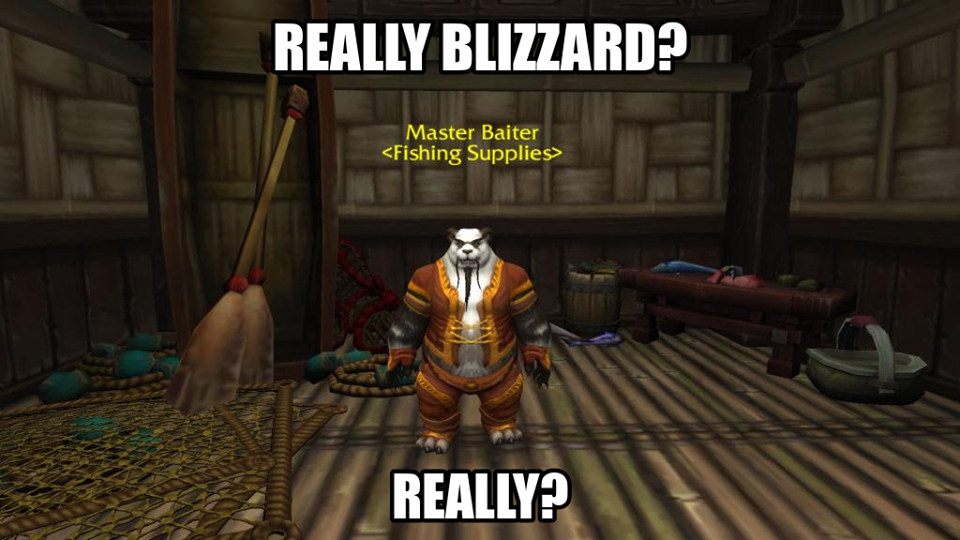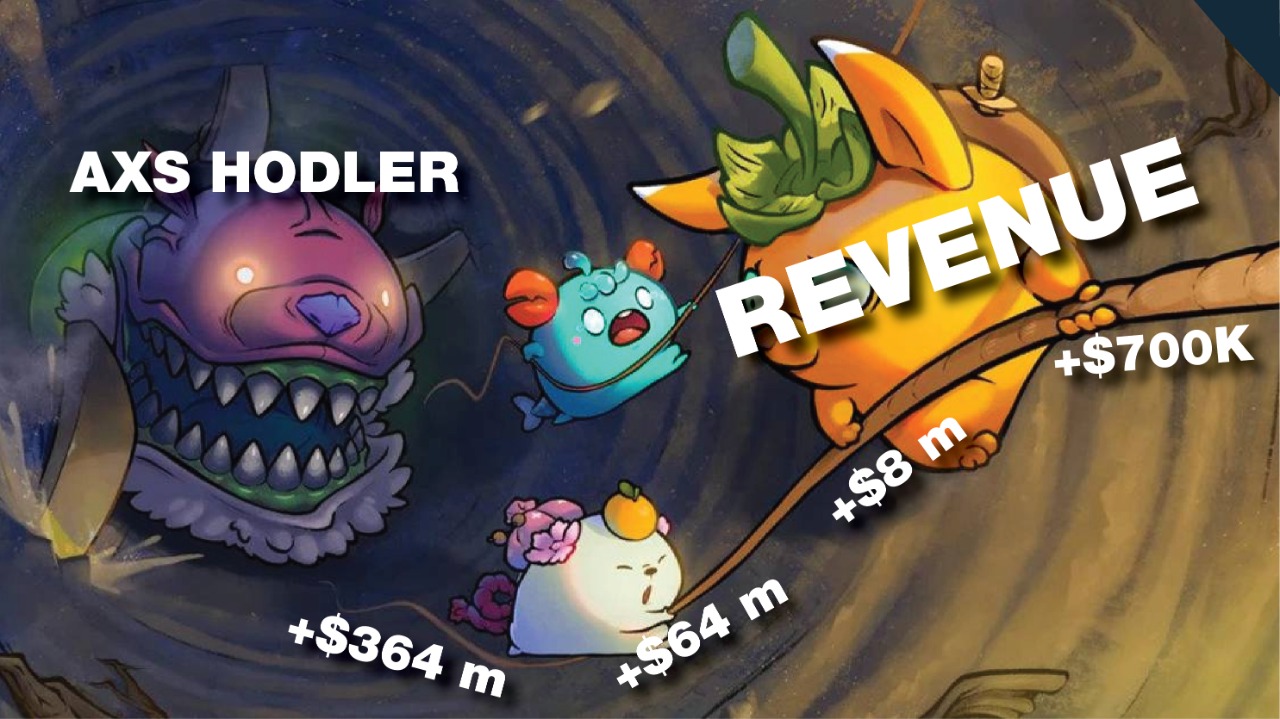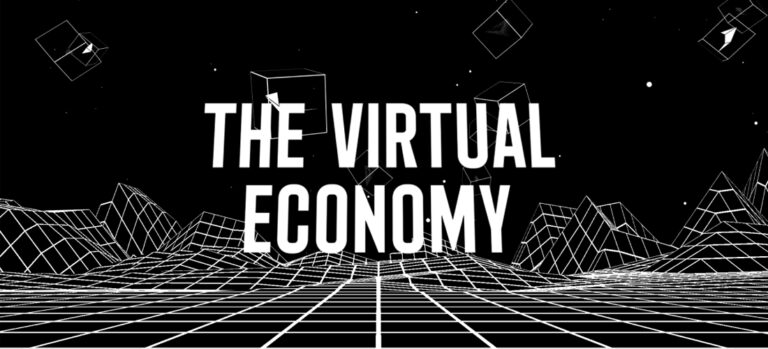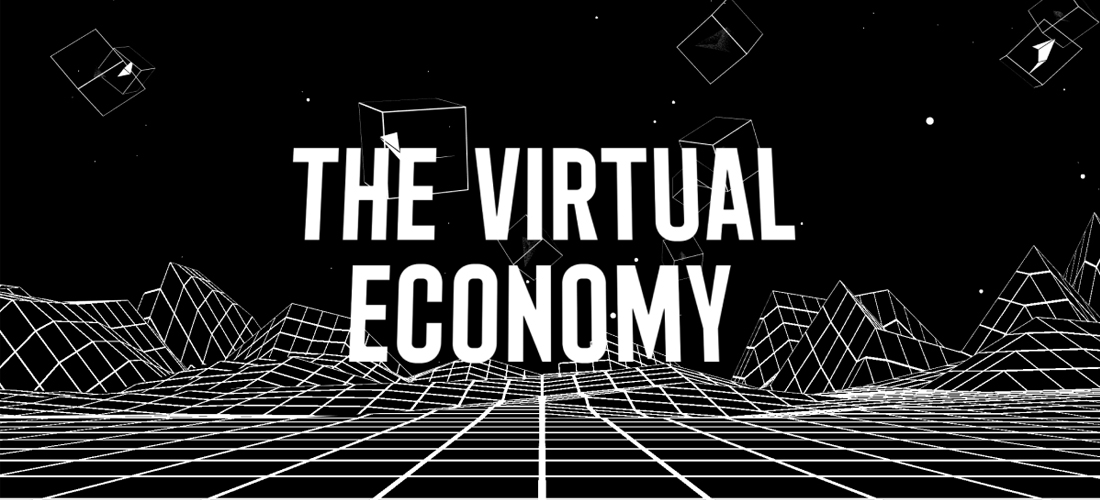Blockchain technology has the potential to revolutionize the way online game economies and the metaverse operate. One of the most significant ways in which blockchain technology can change online game economies is by enabling the creation of truly decentralized virtual worlds through the use of Non-Fungible Tokens (NFTs).
NFTs are a type of digital asset that is built on blockchain technology and they are unique and cannot be replicated, unlike traditional cryptocurrencies. This allows players to truly own and trade virtual assets, such as land, buildings, and in-game items, in a transparent and secure way.
This is a significant departure from traditional MMORPGs, such as World of Warcraft, where players do not truly own their virtual assets. Instead, they are simply granted access to them by the game developers. This can lead to a number of issues, such as the game developer shutting down the game and taking all of the players’ virtual assets with them. With NFT-based MMORPGs, players truly own their virtual assets, and they can continue to use and trade them even if the game developer decides to shut down the game.

Advantages of NFTs and Blockchain in Virtual Worlds
One of the key advantages of NFTs is that they can be bought and sold on a marketplace, just like any other physical or digital asset. This opens up a whole new world of possibilities for players, as they can now monetize their virtual assets. Players can use their NFTs to represent virtual land, buildings, or in-game items, and they can then sell them to other players for real-world money. This can create new economic opportunities for game developers and players alike.
Another way in which blockchain technology is changing online game economies is by enabling the creation of in-game currencies that can be traded outside of the game through the use of NFTs. In traditional MMORPGs, such as World of Warcraft, the in-game currency, gold, has no value outside of the game. However, with blockchain technology and NFTs, in-game currencies can be traded for real-world currency, which can create new economic opportunities for game developers and players alike.
For example, in the blockchain-based game Axie Infinity, players can earn the in-game currency, AXS, by participating in the game. They can then trade this currency on cryptocurrency exchanges for other cryptocurrencies, such as Ethereum. This allows players to earn real-world money from their in-game activities, which can be used to purchase new in-game items or to pay for other expenses.

How about the so called, "Metaverse"?
The metaverse is another area where blockchain technology and NFTs are likely to have a significant impact. The metaverse is a term used to describe a virtual world where users can interact with each other and with virtual objects in real-time. The metaverse is still in its infancy, but it has the potential to become a major part of our daily lives, much like the internet is today.
One of the key challenges facing the metaverse is the lack of interoperability between different virtual worlds. Currently, each virtual world is its own separate ecosystem, and there is no easy way for users to move their virtual assets between these worlds. Blockchain technology and NFTs can help solve this problem by providing a way for users to own and transfer their virtual assets across different virtual worlds.
For example, the blockchain-based platform Enjin is working on creating a metaverse that is built on the Ethereum blockchain. This platform will allow users to create, own, and trade virtual assets across different virtual worlds, such as Decentraland and Somnium Space through the use of NFTs. This will enable users to
take their virtual assets with them as they move between different virtual worlds, creating a more seamless and immersive metaverse experience.
An example of an attempted interoperability NFT that transitions between virtual worlds is The Metakey
Additionally, NFTs can also help protect the rights of digital content creators by providing a way to prove ownership and authenticity of their creations. Game developers, digital artists, and other content creators can use NFTs to represent their work, and they can then sell or license these NFTs to others. This can provide a new revenue stream for content creators, and it can also help protect their intellectual property rights.
However, it’s important to note that the technology is still in its early stages and there are still some challenges that need to be addressed, such as scalability and high transaction fees on the blockchain network. But with the progress of technology and increasing adoption, these challenges are expected to be addressed in the future.
In conclusion, blockchain technology and NFTs are changing the way online game economies and the metaverse operate by providing a secure and transparent way to store and transfer digital assets. This is leading to the creation of more immersive and dynamic gaming experiences, as well as new economic opportunities for game developers and players. As the technology continues to evolve, we can expect to see even more innovative uses of blockchain and NFTs in the online gaming and metaverse.




